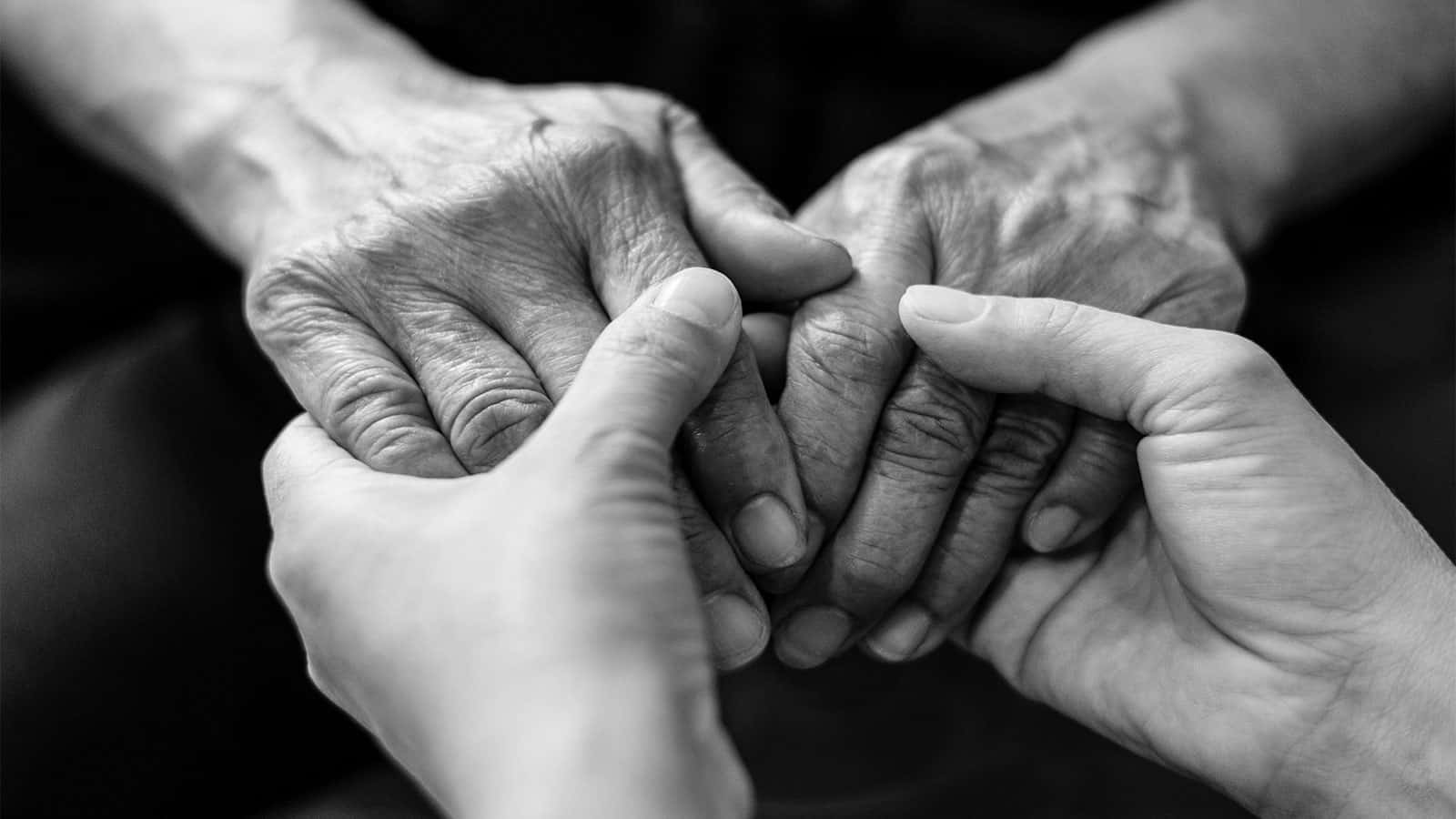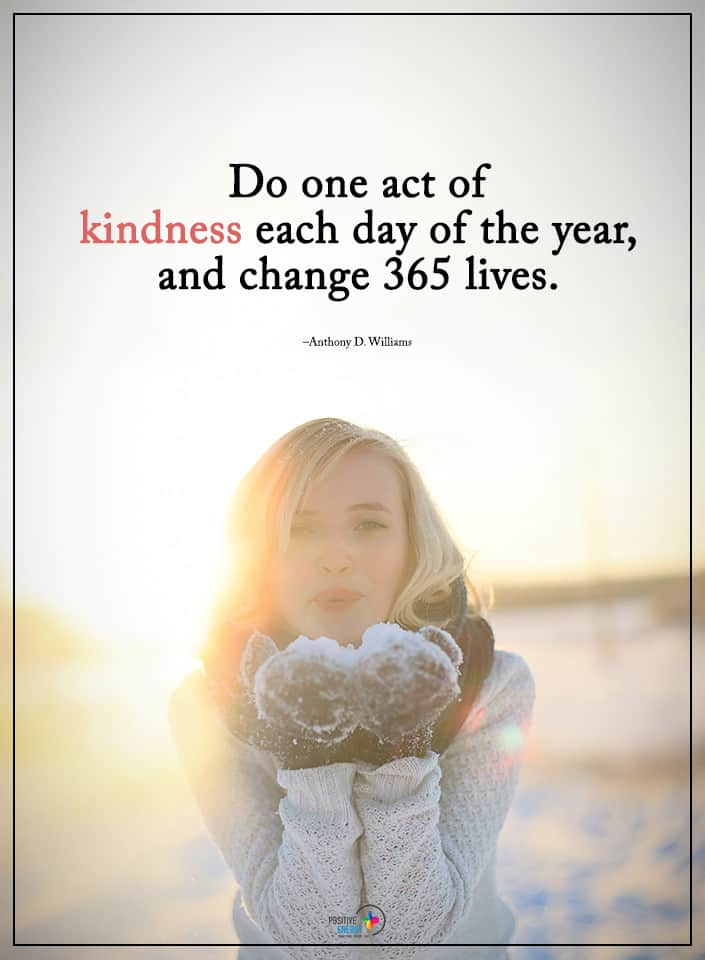Is kindness only a moral imperative, or is it a biological reflex? Perhaps it’s a bit of both. Perhaps being kind is merely a necessary behavior to ensure survival. There may be many debates as to its origination and purpose in society. Yet, many would still consider kindness a sign of a healthy society and a highly desired trait in another human being. However, some people tend to display more acts of kindness in their life than others.
They are either admired or considered “too soft” by those who are more selective or those with different triggers for displaying kindness. Multiple factors may contribute to those varying differences, and motivation may be one key reason.
Researchers reveal what motivates people to be kind.
Kindness and its benefits
According to the Cambridge Dictionary, kindness is defined as: “ the quality of being generous, helpful, and caring about other people, or an act showing this quality.”
We don’t display kindness through our actions to other people, solely. It is important to be kind to yourself, as well. Everybody needs to refuel from the activities and stressors of the day. When they don’t, chronic stress builds up. This results in mood swings, fatigue, irritability, decreased focus, and more. Essentially, being kind to yourself further enhances your ability and capability to be kind to others.
Beyond the apparent benefits of kindness to the recipient, how does kindness have any benefits to the one bestowing it? As much as we like to romanticize kindness as being entirely altruistic, that isn’t the case. Even in situations in which the individual is acting in kindness with no expectation or actual reward, they are still gaining a benefit. That’s because human beings receive a reward for our good behavior from our brains. As it turns out, there are many science-backed benefits to being kind.
Benefits of Kind Actions
-
It reduces depression and anxiety.
Through changing the focus from being on oneself and aiming it toward others, symptoms of social anxiety, generalized anxiety, and depression have been shown to decrease with an increase in positive emotions.
-
Being kind decreases stress and aging.
Stress is a known contributor to aging. Those who consistently engage in kindness show a 23% decrease in the stress hormone cortisol, reducing the aging process. Kindness has also demonstrated to be a great coping mechanism in dealing with stress, and it also decreases the negative emotions associated with stress.
-
Fewer aches and pains, plus increased life span.
Being kind has shown to release our endorphins, which aid in decreasing pain. Additionally, those over the age of 55 who perform volunteer work have shown to increase their life span by 44% over those who didn’t.
-
Increased pleasure and happiness.
Doing something kind has shown to light up various areas in your brain like a Christmas tree. It sets off chemical reactions that increase your pleasure and happiness sensations. These chemicals include oxytocin, serotonin, and dopamine. These do not only boost your happiness. Indeed, they directly relate to decreasing anxiety, depression. Also, they amplify energy levels, positive thinking, and self-esteem. This is what contributes to the “helpers high” people experience when they do something for others.
-
Lower blood pressure.
According to a variety of studies, oxytocin is released in your brain upon performing an act of kindness. Oxytocin triggers nitric oxide releases, which dilates your blood vessels. Thus, it results in lower blood pressure.
The Connection Between Being Kind and Personal Happiness
Interestingly enough, it doesn’t seem to matter whether you’re displaying kindness to others, yourself, or witnessing a kind action. A human’s feelings of happiness remain the same. A study at the University of Oxford, written and performed by Lee Rowland and Oliver Scott Curry, studied the levels of happiness 683 international participants felt over a week of performing acts of kindness. Researchers divided those acts into two categories. They labeled them as an act for a friend or family member, a stranger, oneself, and just observing the act.
They didn’t have to be big acts. Writing a thank you card, paying for a movie ticket, helping out a neighbor, or if toward oneself, going for a walk, meditation, or buying yourself a gift all produced similar results. They received encouragement to do more than what they may have normally done. In the case of those who were to observe a kind act merely, they received instruction to go out and look for random acts of kindness around town.
What they discovered was that the level of happiness was the same across all groups regardless of the relationship. Even better, the more acts performed, the more joy was felt.
While there are obvious benefits to performing or witnessing caring acts, what motivates people to be kind?
What motivates people to be kind?
While there are obviously many benefits to being kind, what actually motivates people to be kind? Cynics may say that others are only trying to get something out of it, while for others, it has become a part of their lifestyle or their personalities.
It has been proven that you can actually build a “kindness muscle” so to speak. The more often you do it, your brain continues to reward you, encouraging a loop of similar behavior. Once that loop is an established pattern, the positive reward your brain gives you will happen more quickly.
University of Sussex study
Will your happiness differ if you are doing a kind act without any expectation of reward or with an expectation of reward? A study by the University of Sussex, headed by Dr. Daniel Campbell-Meikeljohn, tried to answer that question. He and his partners analyzed over 1000 brain scans from other studies related to reactions in making a decision based on kindness. They split the studies based on who was making a decision for altruistic reasons and who was making a decision due to the expectation of an obvious reward. The results were interesting.
In both instances, the reward center of the brain lit up on the MRI scans. Yet, for those who made their decision without any reward benefit, other areas of the brain lit up as well. Specifically, it lit up the subgenual anterior cingulate cortex, which scientists believe plays a role in emotional regulation. Also, it might aid in maintaining excitement correlating to an event that creates a positive emotional state.
In one study about the subgenual anterior cingulate cortex, it is believed that this brain region could be related to depression if it isn’t as developed properly or is dysfunctional. The fact that this portion of the brain lights up during acts of generosity and caring without expectation of reward demonstrates that the altruistic individuals are deriving more sustainable pleasure than those motivated by reward. It also could aid in explaining how it helps depressive individuals feel happier after doing a kind deed.
Call center study
Another study was performed to determine the likelihood of generosity in giving between people who focus on what they have given to others vs. people who focus on what they have received from others. Adam Grant of the University of Pennsylvania and Jane Ross of the University of Michigan chose to use writing as the medium to allow others to reflect on either case, either giving or receiving. They felt that those who received, would feel a sense of obligation toward the one they have gifted something and would be more likely to help them, but not necessarily extend that aid outside of that. Those individuals may also feel a sense of indebtedness toward that person as well.
In contrast, one who focused on what they gave to others may be more inclined to change their self-image. They now described terms that included caring, generous, compassionate, a caregiver, and helpful. This, in turn, would lead them to make different choices to fulfill that differed sense of self.
They conducted this study on volunteers in a call center for a charity. These volunteers did not receive a set number of calls to perform or a quota of donations to collect. All participants needed to do was to write in a journal reflecting on either their gratefulness for having received something or to reflect on something they gave to another. The callers who reflected on what they gave to someone else made more calls in order to raise money for the charity. Their call volume increased by 29%.
In the second part of the study, researchers asked the same callers to make a donation from their paychecks two weeks after reading about a recent tsunami in Japan. In total, 26% of all of them donated. Furthermore, 46% of donors were among those who wrote about acts of kindness they provided for another.
Final Thoughts on Being Kind to Others
I’m sure you know a variety of people who extend kindness on nearly a daily basis. They may do so at a cost to themselves, only help their own friends or family or only go out of their way if there is an obvious benefit. It is easy to see the logical reasons to help others or be courteous to others. We live in a society, and no man is an island unto himself. We all need each other, more so on some days than others. For those who genuinely desire to help others regardless of repayment, maintaining a balance of helping others and yourself is crucial. It is healthy and necessary to be kind to yourself, as well as to others.
Researchers have begun to reveal what motivates people to be kind. And it appears that for those who choose to do it, kindness begets more kindness and happiness for all.














 Community
Community

